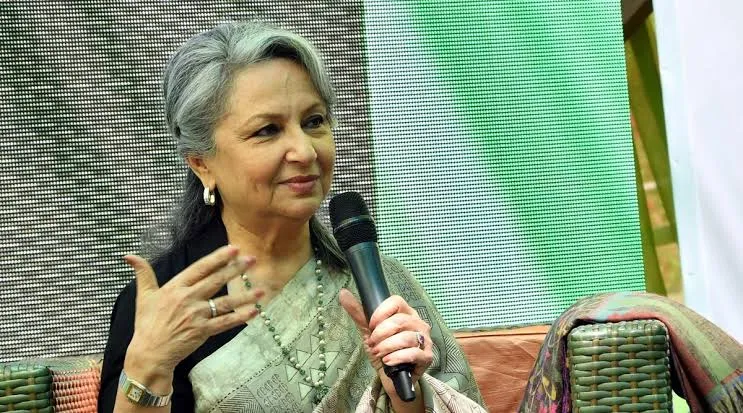Vice President Kamala Harris is set to introduce a range of new benefits aimed at fostering entrepreneurship and small business growth as part of her latest economic proposals, which will be revealed on Wednesday.
In an upcoming speech in New Hampshire, Harris plans to advocate for an expanded tax deduction for startup costs and the removal of certain regulatory barriers, such as filing requirements and operational licenses for businesses of a specific size, according to a Harris campaign official. This initiative is designed to resonate with a crucial middle-class demographic that could enhance her prospects in the November elections.
“This is one of my singular priorities, is to invest and grow our small business,” Harris stated last week while speaking with a small business owner in Savannah, Georgia, referring to the anticipated tax credit proposal.
READ MORE: Global Airlines Suspend Middle East Flights Amid Rising Tensions
Under current law, small businesses receive a $5,000 deduction for their initial operational expenses. Harris aims to increase this deduction to $50,000, reflecting the average expenditure of $40,000 needed to start a business. Additionally, Harris is setting a new target of creating 25 million businesses, surpassing the 19 million new businesses established during the Biden administration.
Following a previous wave of policies focusing on government intervention in retail pricing and the housing market, Harris is now crafting a pro-business, low-regulation platform to counter Republican critiques. Advisers indicate that Harris will also emphasize fiscal discipline, suggesting that revenue from rolling back certain provisions of the 2017 Tax Cuts and Jobs Act could be reinvested in community-level initiatives and programs affecting Americans directly. One adviser noted that Harris believes in using “expiring tax cuts to address issues that impact the bottom line for the average American.”
Small business growth remains a priority among Harris’s broader goals, which also include investing in underserved communities and supporting working families.
In addition to her economic proposals, Harris will advocate for a new fund to help the country’s smallest banks cover interest costs on loans for new businesses. As both a senator and vice president, Harris has worked to channel funds into Community Development Financial Institutions (CDFIs), which serve low-income areas and communities often overlooked by traditional lenders. Deputy Treasury Secretary Wally Adeyemo, who has collaborated with Harris to expand access to capital, emphasized the importance of CDFIs in providing loans to new businesses lacking a financial history.
“Some new businesses go to seven different banks to try to get a loan, but they can’t get one because they don’t have a three-year track record,” Adeyemo told CNN.
Harris’s new small business measures follow a recent four-part package aimed at improving affordability in housing, groceries, child-rearing, and healthcare. Her housing plan includes up to $25,000 in down-payment assistance, a $10,000 tax credit for first-time homebuyers, tax incentives for builders of starter homes, and expanded tax incentives for affordable rental housing. She also proposes banning algorithm-driven rent-setting tools for landlords.
To address grocery prices, Harris is pushing for a federal ban on price gouging, although specific details of this measure remain scarce. Additionally, she aims to restore the expanded child tax credit from the American Rescue Plan, increasing it to $3,600 and making it permanent, while introducing a new $6,000 child tax credit for families with children in their first year.
Harris is also proposing an expansion of the current $35 monthly cap on insulin costs and the upcoming $2,000 annual limit on out-of-pocket prescription drug costs to all Americans, not just Medicare enrollees. She also seeks to extend the Affordable Care Act premium subsidies set to expire in 2025 and speed up Medicare’s drug price negotiations.
(Includes inputs from online sources)
ALSO READ: Russian Missile Strike Devastates Ukrainian Academy And Hospital; Death Toll Surpasses 50





















